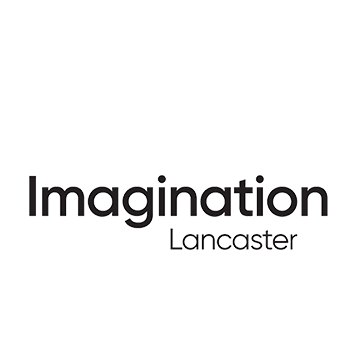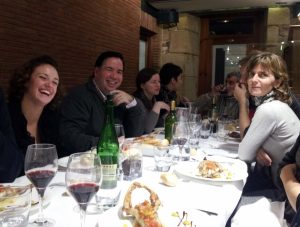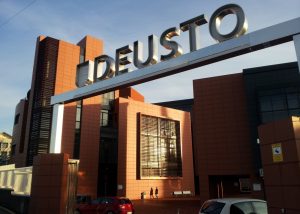The Regional Studies Association Research Network recently held the first of three events considering complex innovation policy systems within a regional context. Organised by the Basque Institute of Competitiveness (Orkestra) and Manchester Institute of Innovation Research (MIoIR), the event was hosted by Deusto University, San Sebastian, Spain. John Chisholm from Lancaster University attended on behalf of DeEP, presenting the DeEP project as a strategic tool for policy learning.
The unifying theme of all three events is learning as a key component of policy development, implementation and evaluation. The first workshop addressed the issue of policy learning and evaluation within a regional dimension – policy spaces where different policies interact and where multi-level systems of governance co-exist.
Regional characteristics have always been important for some EU policymakers – Spain & Germany for example – with other emerging factors gaining increasing prominence, for example, city regions within the UK. Other issues cited included the multi-layered aspect of regional policymaking with regional and municipal elements layered within national systems of governance, also the characteristics of trans-regional and trans-national areas within the EU.
James Wilson from Orkestra spoke of the “need to move away from heroic attempts at mechanistic evaluation towards a better understanding of learning processes”. The workshop examined three topics: multi-level governance and institutional dynamics for policy learning; social aspects of policy learning; and strategic tools for policy learning (including an overview of DeEP).
Eight papers were presented during the three sessions and addressed innovation policy in areas as diverse as car manufacture and emissions, marine energy development, design policy, and public procurement of innovation policy evaluation. Aspects of ideology, transformative evaluation processes and participatory action research were also discussed.
Overall, the workshop provided several insights beneficial to the DeEP project which will inform the development of the DeEP evaluation tool. Of particular value were discussions on learning theory and practice, and the relevance of participatory evaluation processes.
Other stand-out points from the workshop were i) the importance not only of good policy, but of ensuring good implementation also, and ii) the presence of often considerable regional variations in policy making, implementation and evaluation. The workshop closed with a brief discussion on types of policy-makers and their position along a continuum from policy making as ‘statement of intent’ to policy-making as co-implementers.
Thanks are due to the organisers and hosts for a most enjoyable, informative and thought-provoking workshop and we at DeEP look forward to the next in the series. Conference proceedings will be available in due course. The next workshop will be held in Tampere, Finland in May 2013, and will discuss leadership & policy learning approaches. The series will culminate in a special event on the theme of ‘complexity’ to be held in Manchester later in 2013


